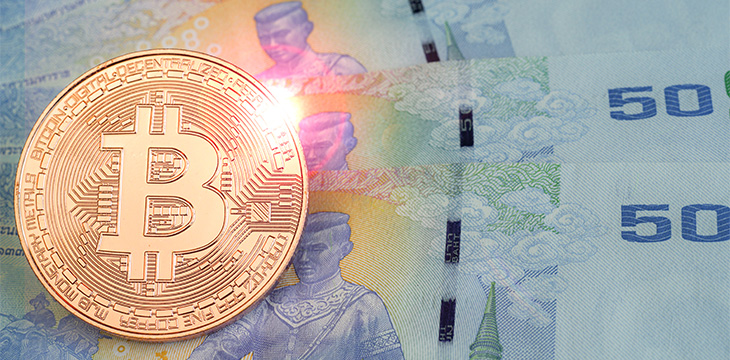|
Getting your Trinity Audio player ready...
|
Thailand’s central bank may soon adopt the blockchain to handle a variety of its operations. According to a speech (in .pdf) by Dr. Veerathai Santiprabhob, Bank of Thailand (BOT) governor, it’s possible that the financial entity could soon use the blockchain for payments, as well to manage its supply chain financing and document authentication, as well.
The governor said that the blockchain will “improve regional financial connectivity and facilitate smoother cross-border financial services.” He indicated that it could also be a significant factor in the fight against fraud, as well as in the protection of financial information. “Adoption of modern technologies like biometrics and blockchains can help safeguard financial information and reduce the number and magnitude of fraudulent activities,” he explained.
In his speech, Santiprabhob also touched on the bank’s efforts to clean up the financial ecosystem in a push for greater “competition and innovation.” According to the governor, “The Bank of Thailand is also undergoing regulatory reform to review outdated rules and regulations, to facilitate ease of doing business and ensure that our regulations do not impede competition and innovation and contribute to high costs of financial services.”
Thailand has recently begun a stronger movement towards cryptocurrency acceptance in the country. At the end of March, its finance minister implemented a new tax scheme that covers cryptocurrencies and, effective July 16, there are new regulations created by the Thai Securities and Exchange Commission (Thai SEC) governing initial coin offerings (ICOs). Additionally, there has been talk of the country possibly launching its own central bank-issued cryptocurrency that would reduce transaction and validation times, while also cutting costs “due to less intermediation process needed compared to the current systems.”
The moves are just the latest to appear after the country officially recognized cryptocurrency in a royal decree in May. That decree provided regulatory digital asset framework and stipulated that all “digital assets and digital tokens” now follow under the auspices of the country’s SEC. All organizations with plans to launch an ICO or a token must now register with the SEC or face a fine of $15,700 or more, and up to two years in prison.

 03-05-2026
03-05-2026 




